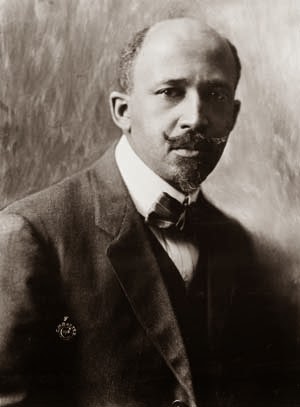A Theology of Liberation: Lessons from the Mountains (Part 2)
One of my former professors in college once revealed to me that all
fields and all disciplines trace roots to the field of philosophy—a field
concerning the understanding of knowledge, existence, and reality. A
physician-in-training, I am now committed to a life’s work of understanding how the field of
medicine examines how people experience reality on a daily basis. While reading
Tracy Kidder’s Mountains Beyond Mountains,
a work focusing on the life and work of Harvard physician and global health
advocate Paul Farmer, I was impressed by Farmer’s unwavering dedication to his
patients [see previous blog post, Paul Farmer: Lessons from the Mountains (Part1)]. As I continue reading Mountains, I
am further fascinated by his philosophies and theories concerning the role of
medicine in promoting, what Farmer refers to as, "Liberation Theology.”
Kidder describes liberation theology as theology with an
“emphasis on the horrors of poverty and on redressing them in the here and now,
its emphasis on service and remediation" (78). During his travels to Cange in
Haiti, Farmer empathizes with the poorest of the country and embraces their
perspectives of Catholicism and religion as a call for solidarity—an idea that
confirms God’s love and preference for the poor in a world pitted against the
downtrodden. Liberation theology serves as Farmer’s affirmation that the Zanmi
Lasante and Partners in Health cause of advocating for the health and well
being of the poor is justified and righteous.
The liberation struggles of the poor patient populations discussed
in Mountains are reminiscent of the
liberation struggles of Blacks in the United States. Dr. Farmer’s medical
ideology, with his ideas of advocacy for the poor, may have even been embraced
by scholars such as W.E.B. Du Bois—a 19th century Black American
pan-Africanist and co-founder of the NAACP. Du Bois, like leaders of the
liberation theological movement that Farmer advocates, emphasized the idea of a
“Social Gospel,” one that focused on religion and the church not only as a
means of spiritual salvation, “but one of attaining material health, education,
and welfare for the Black community” (Moses 138). Dr. Farmer’s theory of how medicine should
function in society aligns with and echoes this theology: medicine should seek
to elevate the poor, not only in a biomedical sense, but also in a social sense
that empowers populations economically and politically.
 |
| W.E.B Du Bois |
A brief article by PBS discusses W.E.B. Du Bois’s writings
and thoughts on Black liberation theology. Many points and ideas in Du Bois's work are reflected
in Dr. Farmer’s ideas concerning a “preferential option for the poor.”
(Above: Dr. Paul Farmer discusses liberation theology with Gustavo Gutierrez)
As an African-American medical student, I am committed to utilizing my training in medicine for the promotion of more equitable and better quality healthcare for patients of minority and disadvantaged backgrounds. Accomplishing this task requires embracing an ideology similar to that of Dr. Farmer and Dr. Du Bois--an ideology that integrates medicine with aspects of community beliefs and values, economics, and politics while advocating for the well-being of those disadvantaged by social systems. Mountains challenges its readers (especially those in the medical profession) to serve as champions for the poor in their respective fields--as proponents for social and moral justice.
Moses, Wilson Jeremiah. Afrotopia: The Roots of African American Popular History (London: Cambridge University Press, 1998). 138



Comments
Post a Comment